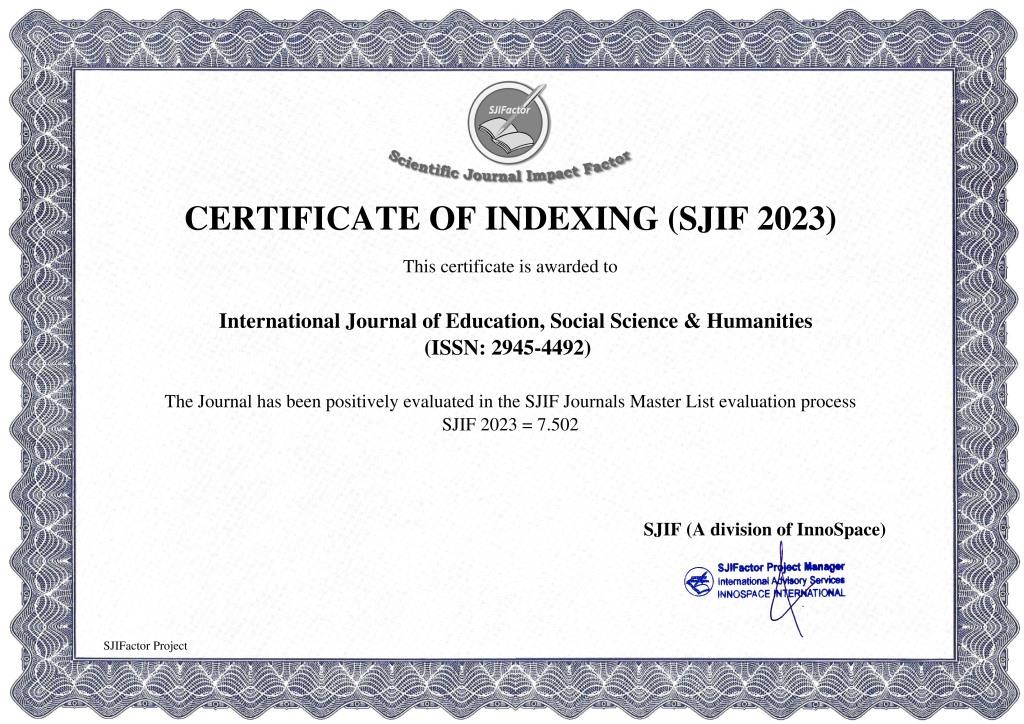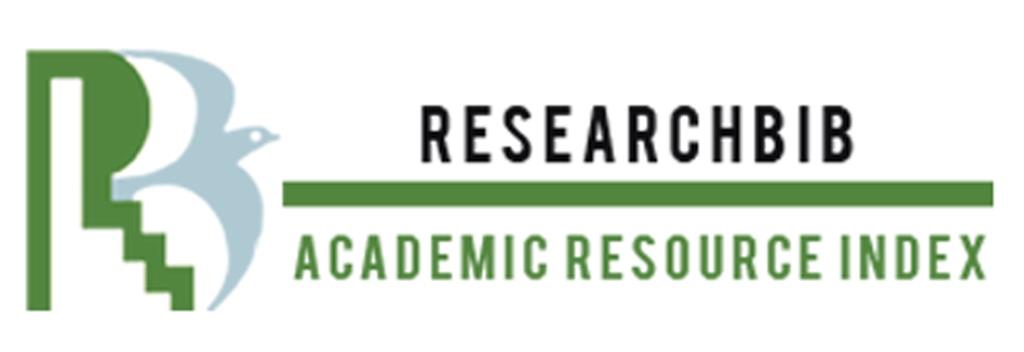LANGUAGE SKILLS AND LITERARY STANDARDS IN SPEECH DEVELOPMENT
Keywords:
teaching practices, the effective teaching practices, language development, skills of language.Abstract
Language and literacy skills can develop in any language, and for the most part, they develop first in the child's home language. Supporting development of the home language helps prepare young children for learning English. Head Start and Early Head Start programs must promote language and literacy goals for all children that are age, culturally, and linguistically appropriate and responsive. However, children who are dual language learners (DLLs) need intentional support to develop their home language as well as acquire English. For example, this may include creating environments that include their home language and culture; planning and organizing thematic instruction; and supporting them through transitions.
References
Gottlieb, M. (2013). Essential Actions: A Handbook for Implementing WIDA’s Framework for English Language Development Standards. Madison: Board of Regents of the U of Wisconsin System.
International Baccalaureate Program (2014b). Middle years programme science guide. Cardiff: International Baccalaureate Program.
International Baccalaureate Program (2014c). Middle years programme humanities guide. Cardiff: International Baccalaureate Program.
Morita-Mullaney, T. (2007). Collaboration in assessment: Secondary and ESL teachers teaming together. In F. Pawan, & G. B. Sietman (Eds.), Helping English language learners succeed in middle and high schools (pp. 85–101). Alexandria, VA: Teacher of English to Speakers of Other Languages.














